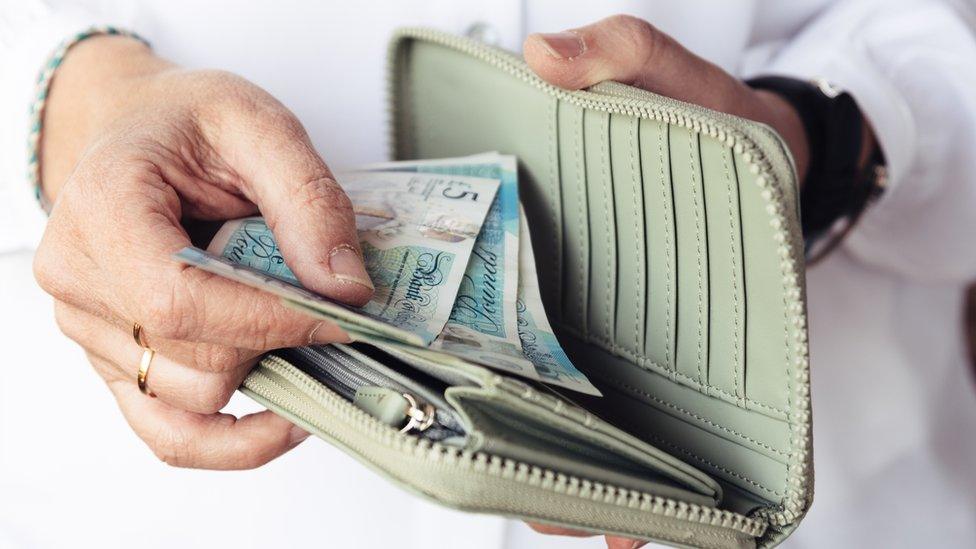Spring Statement: How have people received today's announcements?
- Published
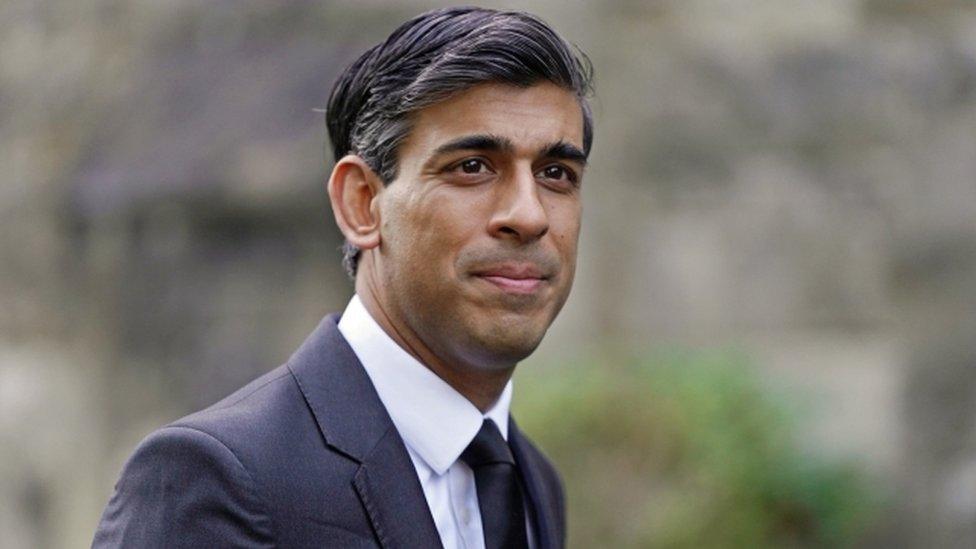
Chancellor Rishi Sunak has raised the amount people can earn before paying National Insurance and cut fuel by 5p a litre
The Chancellor of the Exchequer's Spring Statement has raised the amount people can earn before paying National Insurance and cut fuel by 5p a litre.
Rishi Sunak faced pressure to act as household budgets are squeezed amid soaring energy costs and rising household bills due to increasing inflation.
The VAT rate on hospitality, food and non-alcoholic beverage sales was already set to rise to 20% - from 12.5% - on 1 April and businesses were hoping Mr Sunak was going to change his mind and keep it at the lower rate. He did not and many fear they will not survive.
What do people think about his decisions?

'It's the economics of the madhouse'
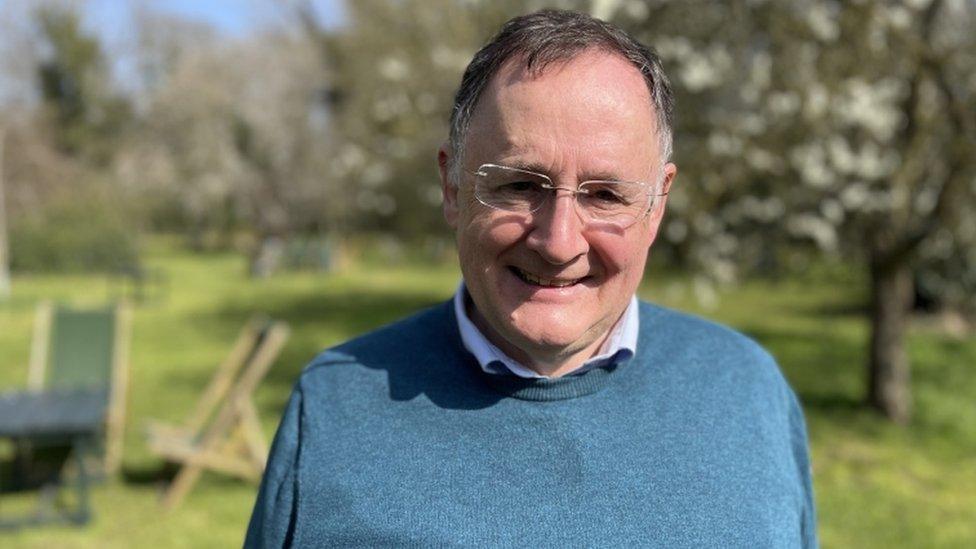
Charles Bunker from the Orchard Tea Garden, Grantchester says a 20% VAT rate could end his business
The proprietor of the Orchard Tea Garden in Grantchester, near Cambridge said he met the chancellor's statement with "absolute fury beyond belief".
Charles Bunker says a 20% VAT rate could end his business. During the lockdowns, he was only able to trade for 17 weeks last year and shut down four times, losing stock every time.
"I don't know how a chancellor can up VAT by 60% on businesses like mine, while the banks are getting a 60% reduction in their tax," he says.
"I am going to have to find an extra £55,000 a year if I don't put up my prices."
The changes Mr Sunak has made to the National Insurance threshold and business rates will help him by £10,000 over the year but that still leaves him £45,000 out of pocket.
He says his business is already "suffering from hyperinflation" over the past year which has been "quite staggering".
Flour has gone up 90% and sugar by 52% - plus his heating bill is about to go from an average of £1,400 a month to £3,000 and staff costs have "gone through the roof", he says.
Mr Bunker says he currently charges £8.80 for a cream tea but upping his prices in order to "absorb these costs without moving into a loss" plus a rise in VAT would take the price to just over £10, which he says is "unsustainable".
"I do not believe that over £10.00 for a cream tea is sustainable in this business when people are between £300 and £500 a month worse off," he said.
"My product becomes unaffordable, it's completely barking, it's the economics of the madhouse."

'Profits wiped out'
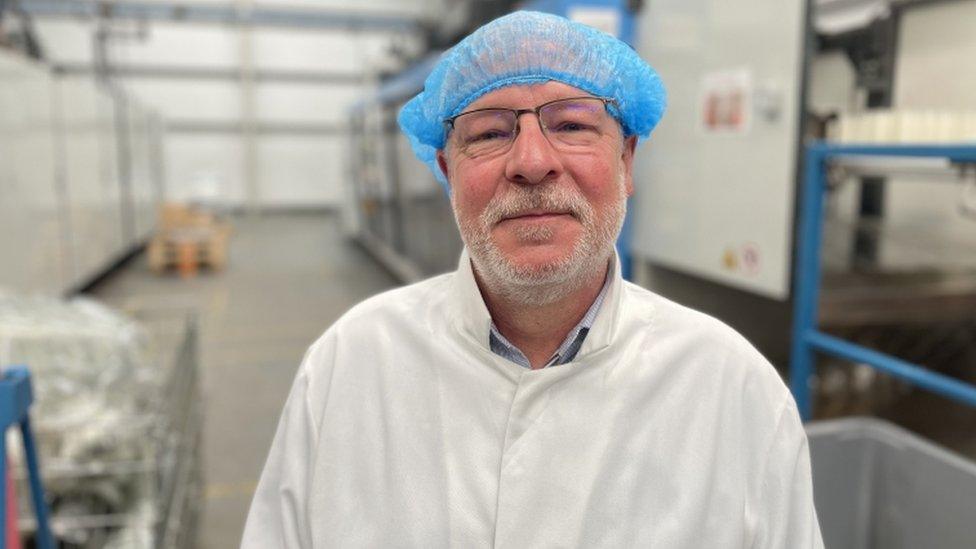
Justin Kempson, sales director at Charpak, was worried about the cost of living increases affecting his business
Justin Kempson, sales and innovation director at Huntingdon packaging company Charpak, says he can see the cost of living crisis affecting business.
The company, which has been designing and making sustainable packaging for food and retail for more than 30 years, saw its energy costs triple last October.
"That's had a massive impact on profitability, I would say 80% of our profit of the last three months of the year was wiped out by those increased prices," he says.
Materials have doubled in price in some cases which also has an impact on food price inflation because products will "cost more on the shelf", he says.
Mr Kempson says he did not expect the government to do anything in terms of monetary support but he was looking for help with "ease of access to cheaper finance" and "government-backed loans".
"He did make some sort of announcement about tax relief on business investment but I will need to see what that means for small and medium-sized businesses before making comment," he says.
"The National Insurance announcement is good for our employees but there was not a lot for businesses."

'Cutting back'
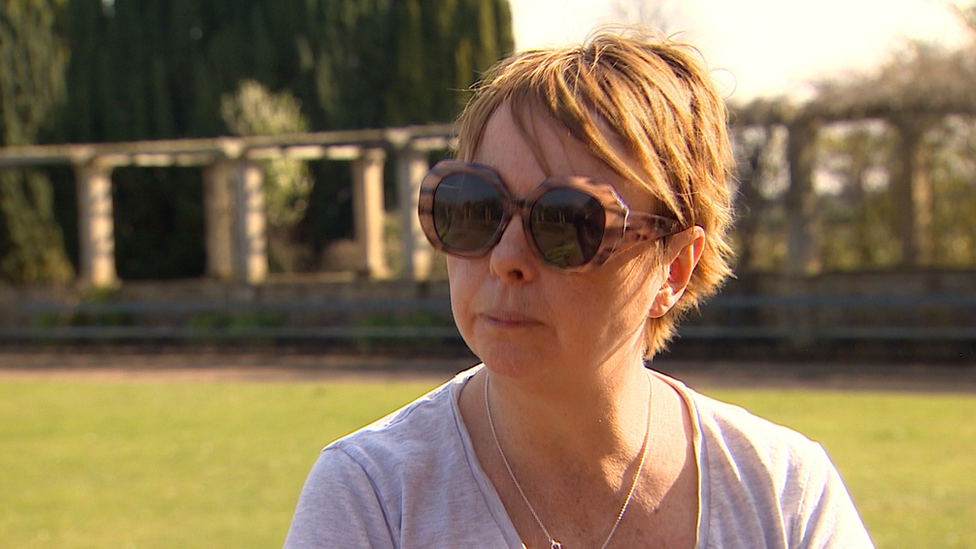
Sam McEvoy's family have already made cuts to their household expenditure
German language teacher, Sam McEvoy, from Norwich, welcomed the "small price decrease" in fuel duty but says other issues meant the bills would remain high.
"We'll be paying for the pandemic and things that are happening world-wide for a long, long time, I think," she says.
The teacher has started cycling to work as petrol is still "too expensive", and she could not rely on public transport.
"Obviously there are a lot of people who have to use the car, maybe disabled people," she says.
Her family has already made changes to its household expenditure, cutting back on eating out from every week to "once, maybe twice a month".
"We used to get a Hello Fresh subscription every month, eating healthily," says Ms McEvoy.
"We can't afford that now... food shopping has definitely increased."

'I worry for my children'
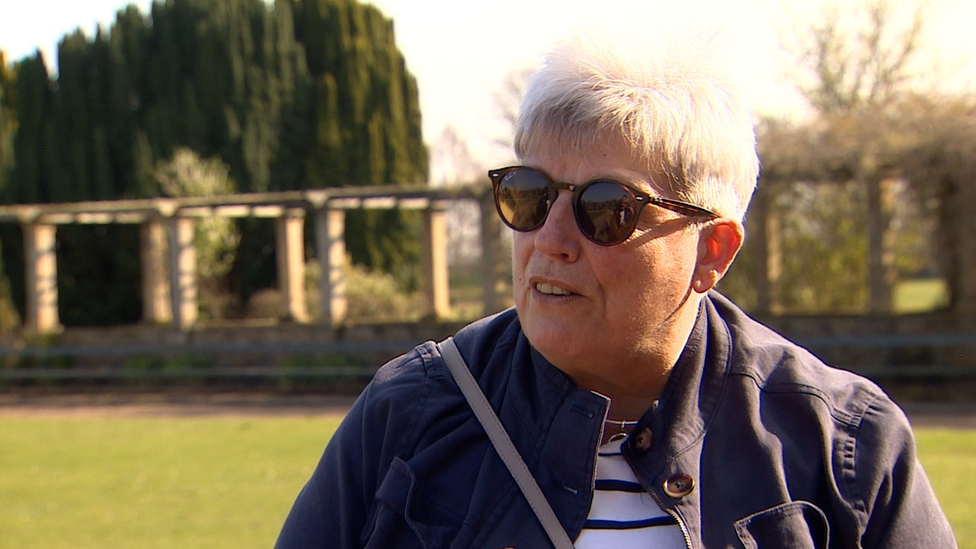
Pam Lee worries how her adult children are dealing with the rise in the cost of living
Part-time optometrist Pam Lee, who lives in Lower Gresham in north Norfolk, says she was in a "quite fortunate" position as all her children had now left home.
"It's just me and my husband and we're alright. We don't have a mortgage," she says, but she worries how her children will cope with additional costs.
"One of my daughter's has to pay for childcare and that's expensive," she says.
"And salaries are not going up in line with the extra expenses. Obviously she has to have petrol to get to work, and the food bills, heating... I worry about their future, they've got it far more difficult than I had.
"They're repaying their university loans whereas I had a grant... and could buy a house straight away.
"I don't think a lot of younger people can get on the housing ladder without the help of the bank of Mum and Dad and a deposit," adds Mrs Lee.

Political reaction
Speaking after his Spring Statement Rishi Sunak said: "I can't protect everyone from all the global challenges we face, [but] the policies announced today will put billions of pounds back into the pockets of hard-working families."
The key announcements in the Chancellor's statement have been criticised by the main opposition parties.
Shadow chancellor, Rachel Reeves, accused Mr Sunak of not understanding the "scale of the challenge" facing families and households.
She said the Labour Party's windfall tax policy would have allowed the government to cut VAT on energy bills and make support for vulnerable people more generous.
The leader of the Liberal Democrats said the Spring Statement had been a "total swindle" with the chancellor "giving with one hand and taking with another".
Sir Ed Davey said the Lib Dems would have provided a much bigger one-off cut in VAT, costing the Treasury £18bn, but giving household £600 to "help reflate the economy".

Find BBC News: East of England on Facebook, external, Instagram, external and Twitter, external. If you have a story suggestion email eastofenglandnews@bbc.co.uk, external
- Published23 March 2022
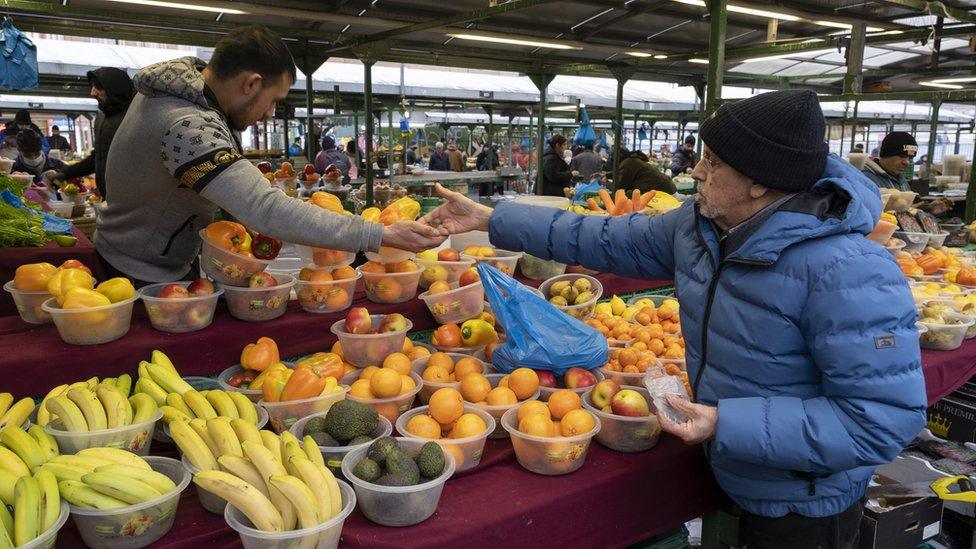
- Published23 March 2022
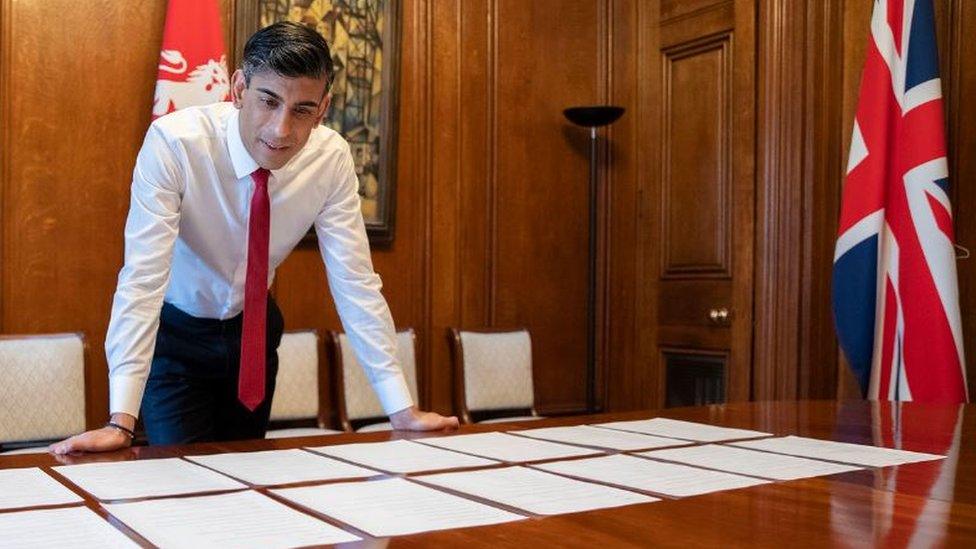
- Published16 February 2022
